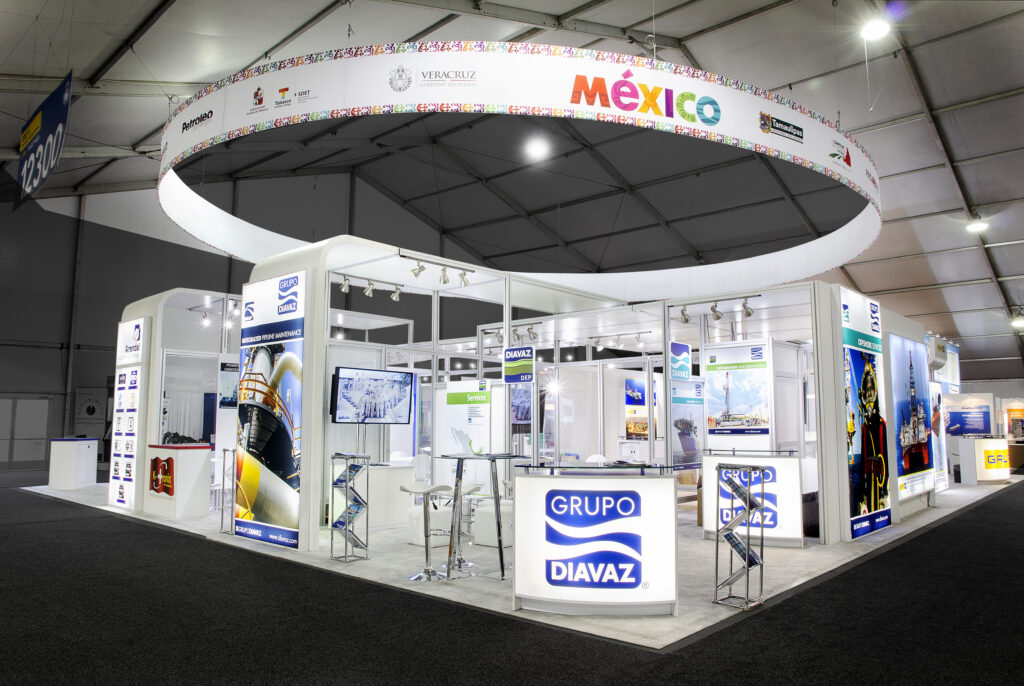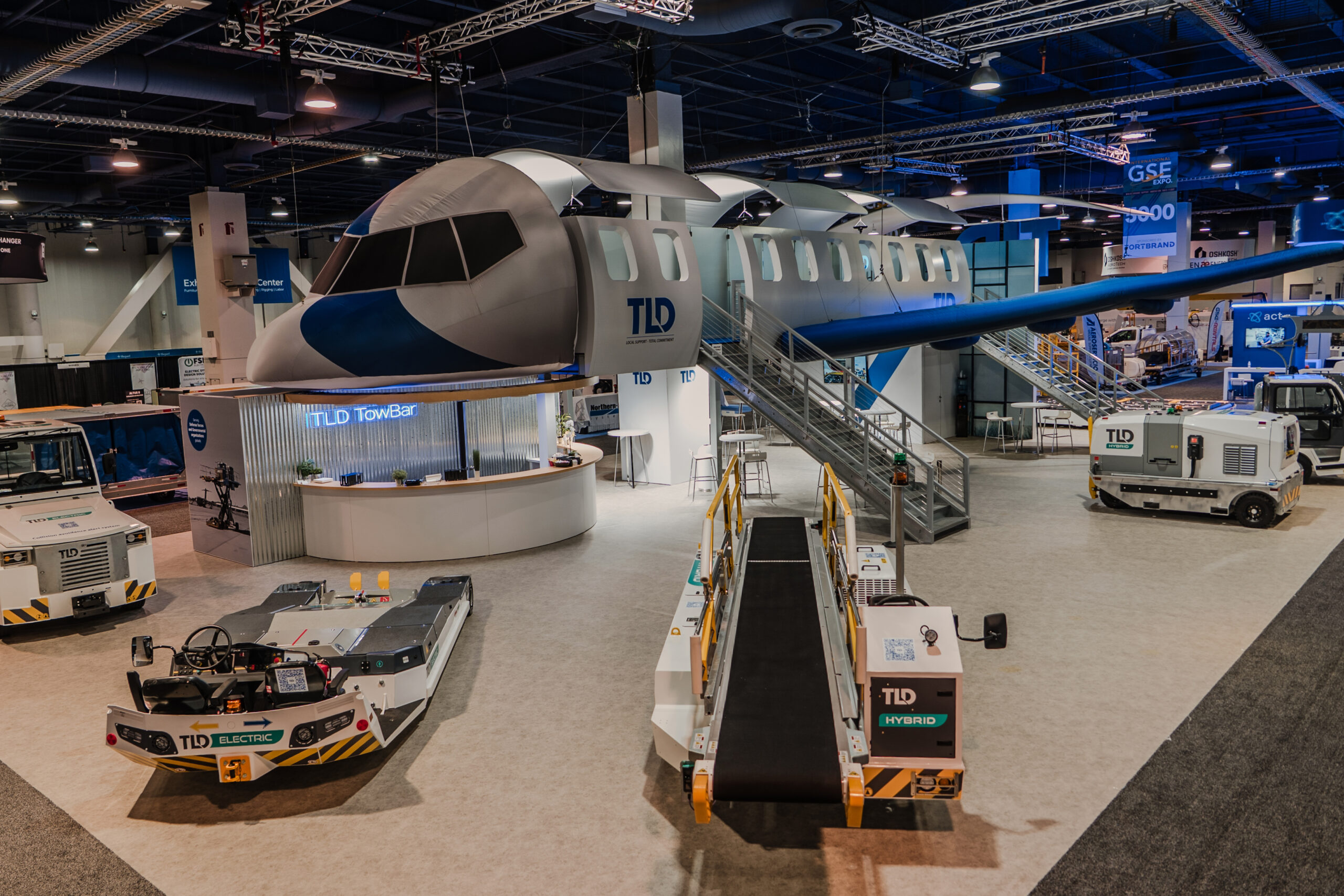
Understanding Who Makes the Rules
Where do unions fit into the show floor picture, and who is really making the rules? Many exhibitors are surprised at how many layers of authority shape what happens during setup. First, there is show management—usually the association directing the event. Then there is the official service contractor, such as GES or Freeman, who provides labor and services. Finally, there are exhibitor-appointed contractors (EACs), hired directly by exhibitors.
It is a common misconception that you must always work with the official contractor. In fact, exhibitors often have the choice to use their own EACs. However, when a venue is union-contracted, you must work with a company that has a union agreement. This is the core of working with trade show unions: knowing when you have flexibility and when you do not.
What Falls Under Union Control
Certain services—such as electrical work, rigging, or drayage—are considered union jurisdictions. These must be purchased either directly from the official contractor or through your exhibit house. Ignoring these requirements can lead to fines, delays, or added costs. Understanding the boundaries of union responsibilities is key to avoiding surprises.
Venue Rules Vary
Rules differ not just from city to city but from venue to venue. For example, Miami and Orlando have different standards, and even within Las Vegas, the Sands Expo and the Convention Center operate under separate rules. When working with trade show unions, the best safeguard is to contract with a knowledgeable exhibit house that understands local labor regulations. They know what tasks require union labor, what can be done independently, and how to stay compliant without overspending.
Why Experience Matters
Choosing the right partner saves more than time and money—it prevents headaches. A seasoned provider understands the nuances of union contracts and can guide you through what is mandatory versus optional. Without this expertise, you risk overpaying or facing unexpected penalties.
The reality of working with trade show unions is that every show has its own rulebook. By aligning with a trusted partner who knows the terrain, you can protect your budget, stay compliant, and focus on making your exhibit successful.




